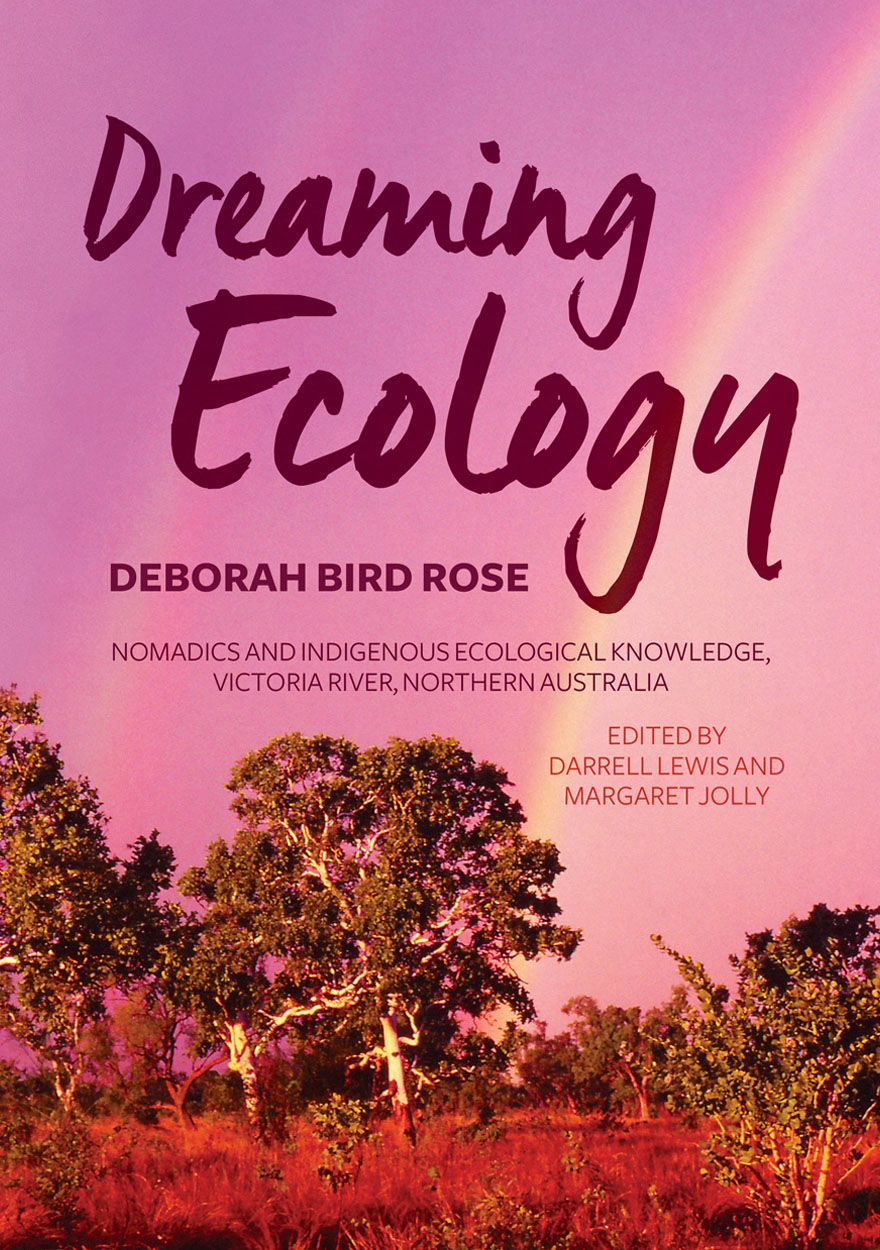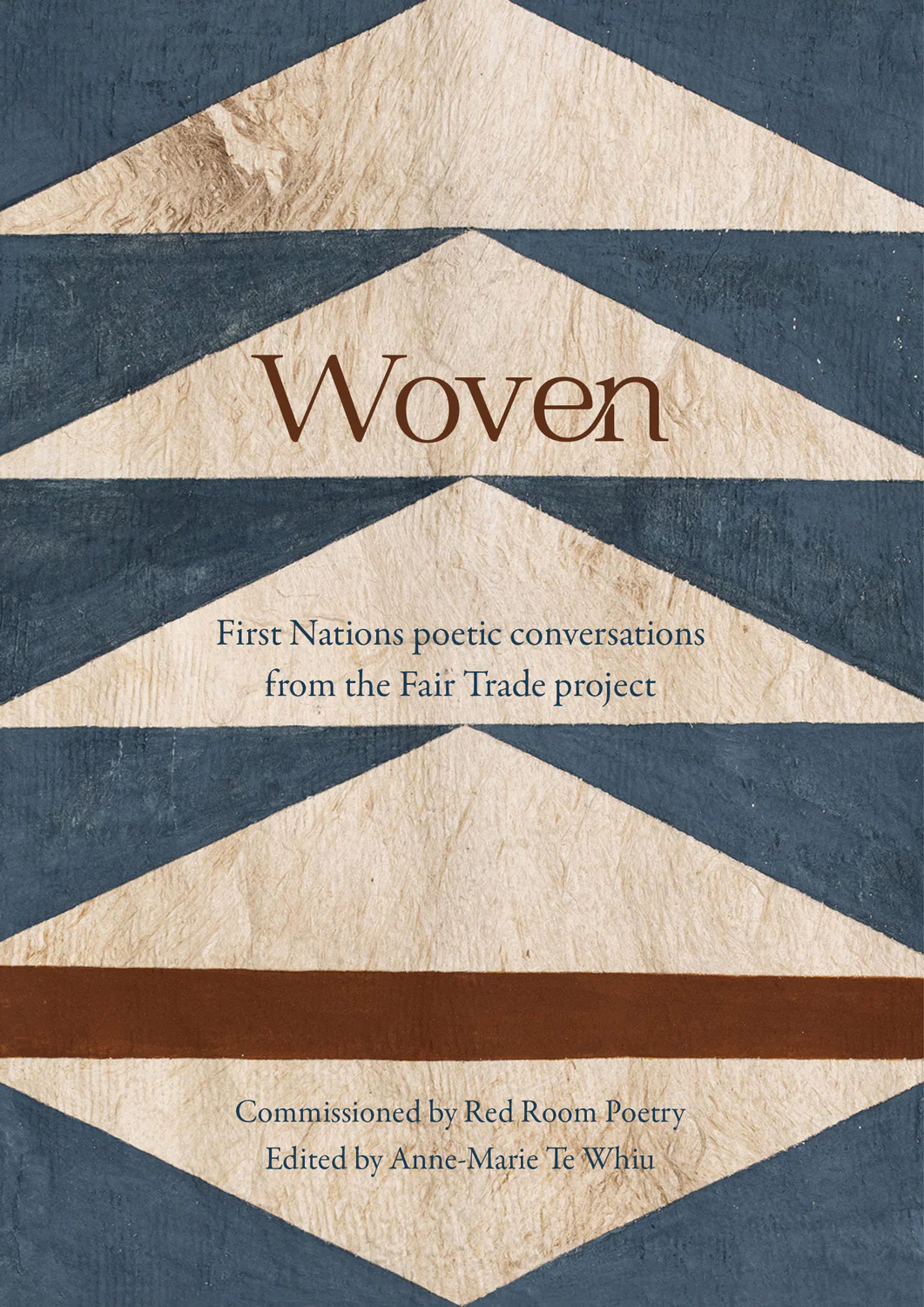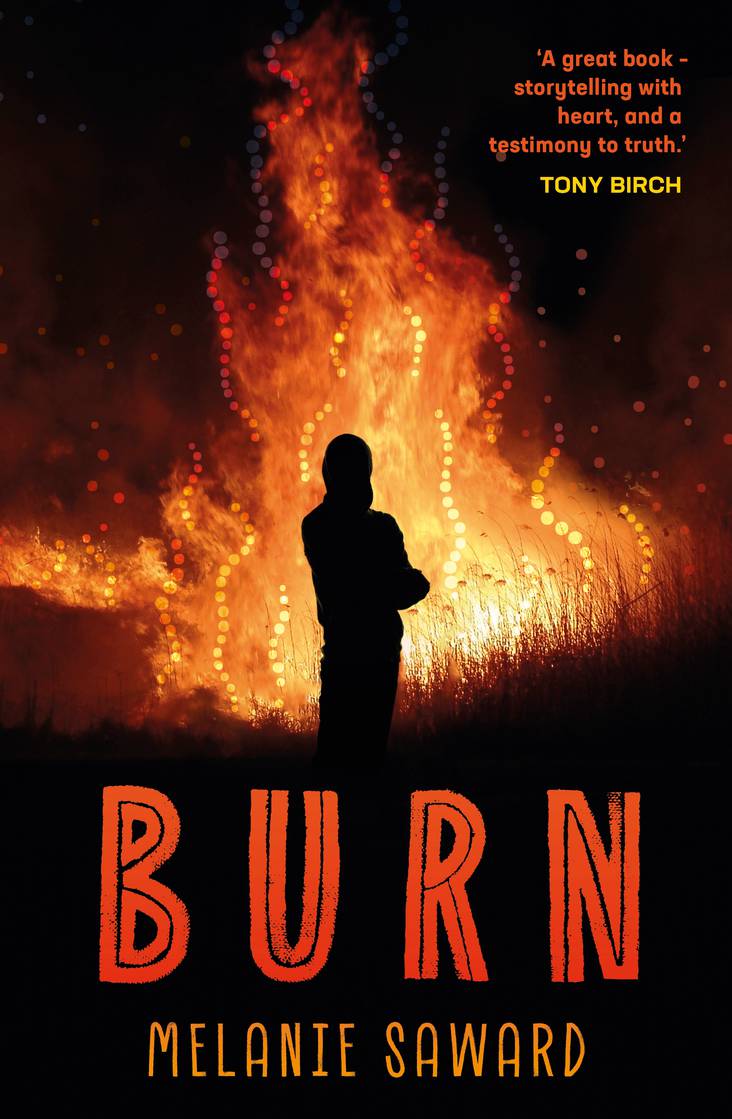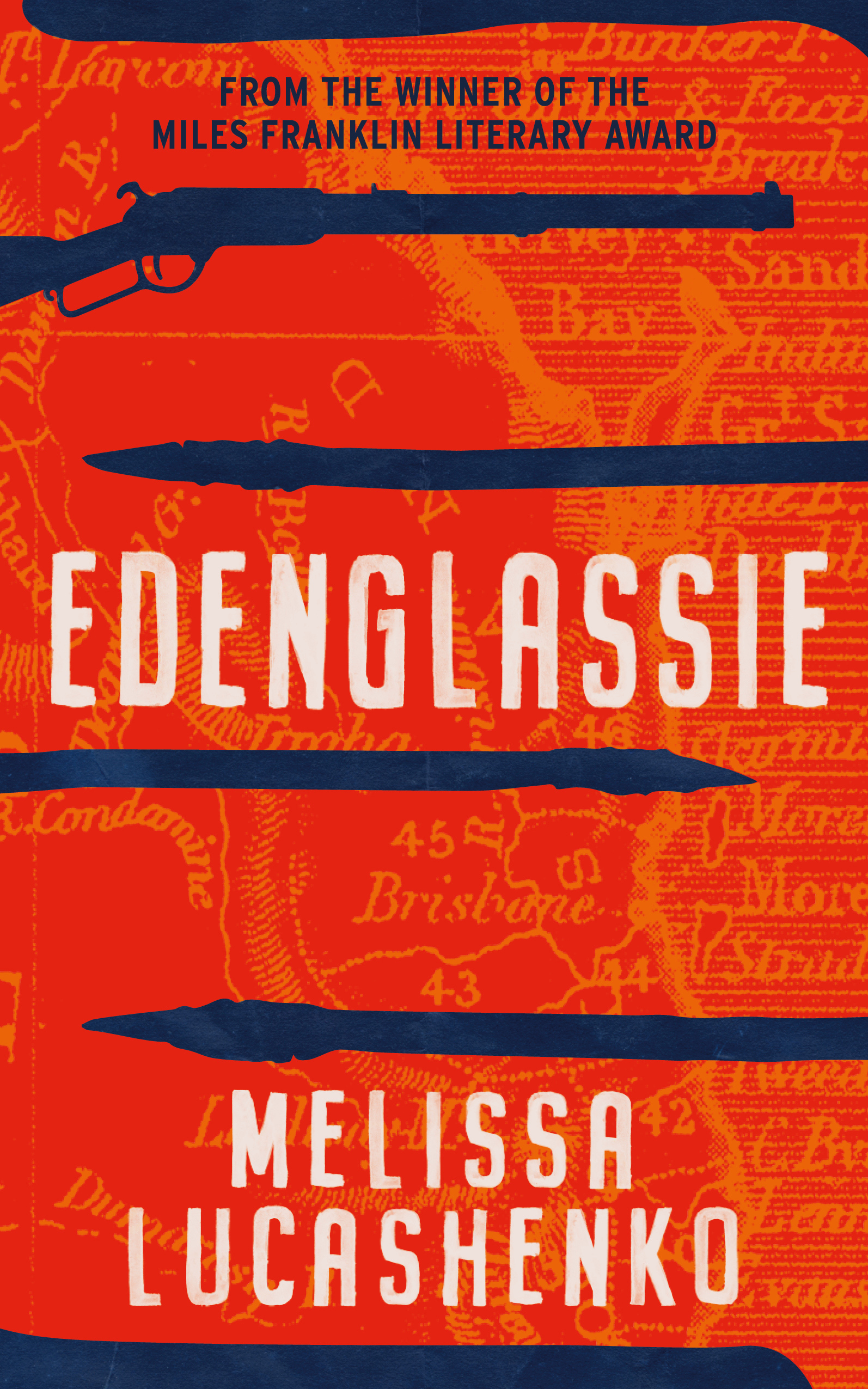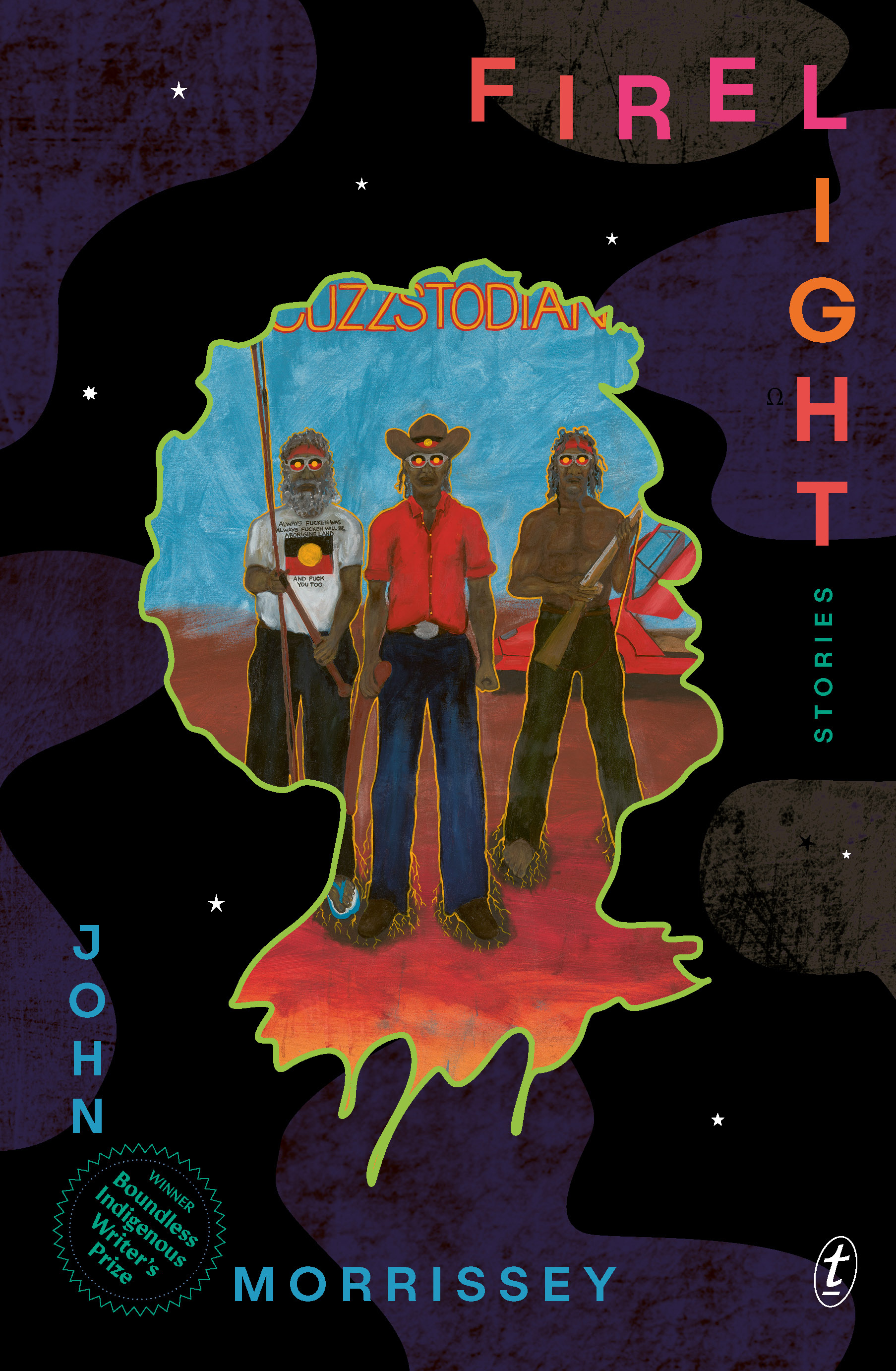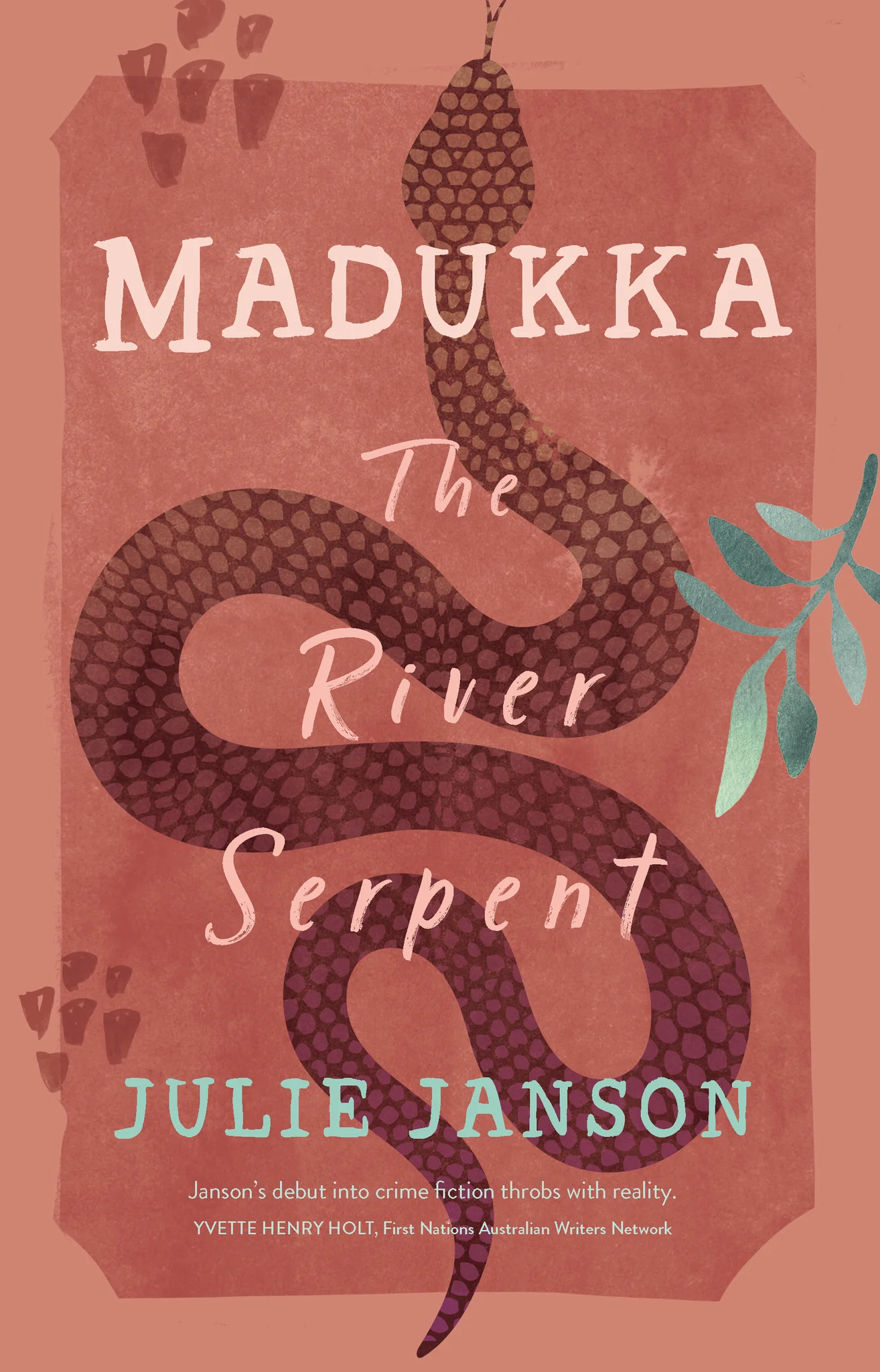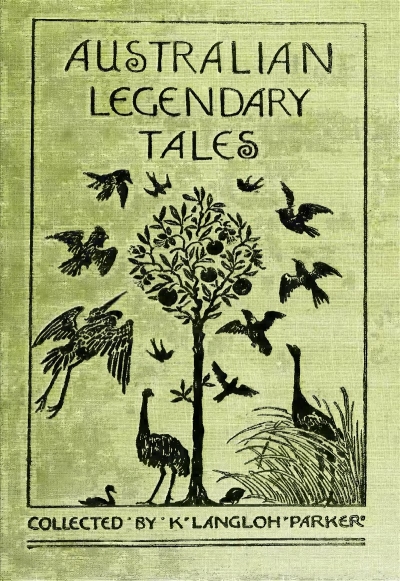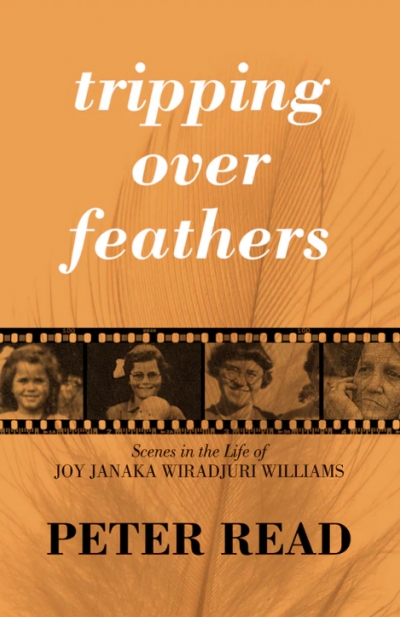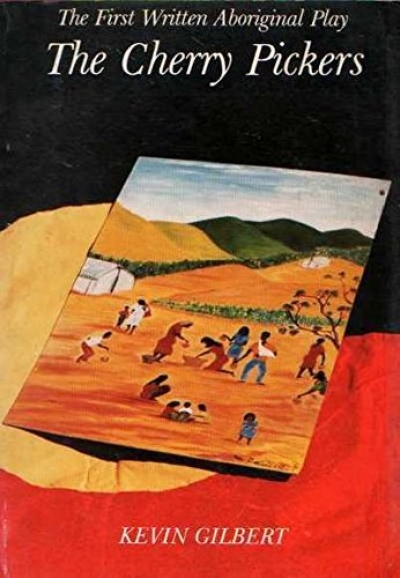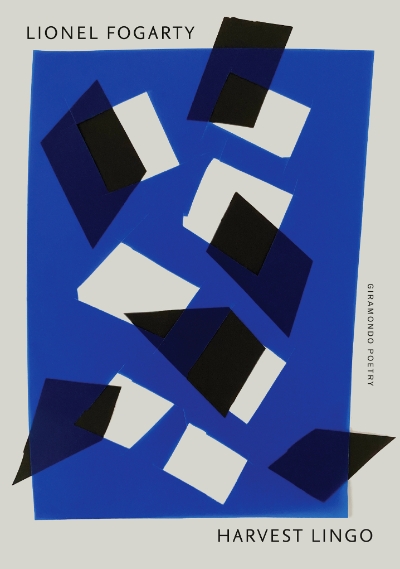Indigenous Writing
Dreaming Ecology: Nomadics and Indigenous ecological knowledge, Victoria River, Northern Australia by Deborah Bird Rose
Dreaming Ecology is the posthumous third volume in a trilogy that also comprises Deborah Bird Rose’s earlier anthropological study Dingo Makes Us Human (1992) and Hidden Histories (1991), an account of the recent his-tory of Aboriginal people in the Victoria River District (VRD) region in the north-western corner of the Northern Territory. As an anthropological neophyte, I came across her briefly in 1994 during the Palm Valley Land Claim in Central Australia, in her role as anthropologist assisting the Northern Territory Aboriginal Land Commissioner. Although by the time of her death in 2018 she had worked on nearly twenty Aboriginal land claims, her own anthropological research diverged from Australian anthropology’s preoccupation for nearly fifty years with Indigenous land tenure systems dictated by the land claim and native title claim process.
... (read more)Woven: First Nations poetic conversations from the Fair Trade project edited by Anne-Marie Te Whiu
The concept of Woven, a Fair Trade project from Red Room Poetry, seems simple but the reality is complex: one local First Nations poet is paired with another First Nations poet from another continent, and together they create a poem. This is an ambitious undertaking for the poets themselves and especially for the editor, Māori poet Anne-Marie Te Whiu, who should be commended for stewarding this project through the last few tumultuous years. The resulting book is a gorgeous tapestry of weavings from some fine poets.
... (read more)Burn by Melanie Saward & We Didn’t Think It Through by Gary Lonesborough
Melanie Saward, a Bigambul and Wakka Wakka writer living in Tulmur (Ipswich), is a fresh and insightful storyteller. Her first Young Adult novel, Burn (Affirm Press, $34.99 pb, 296 pp), is a tumultuous narrative about an Aboriginal youth, Andrew, and his obsession with lighting fires. It has a touch of Trent Dalton’s Brisbane struggle street, but the story draws us into psychological observation in Goori Andy’s cries for help and his longing for his parent’s attention. The novel begins with a bushfire lit by an unknown arsonist, in which a boy dies. This tragedy frames the narrative as we go on the journey with Andy and his mates Trent and Doug, wild teenagers who like to smoke dope and eat at McDonald’s. They are innocents in a world that ignores them as the author interrogates relationships between the lads and several irresistible young females.
... (read more)Edenglassie is the seventh novel by acclaimed Bunjalung novelist Melissa Lucashenko. Set in a brief historical window – a little-known interim of time and place after transportation of convicts had ended but before Queensland became an independent colony in 1859 – this narrative moves seamlessly between what whitefellas might call past, present, and near future. In this interface, Lucashenko creates characters that cause the reader to not only ask – what if? but also where to now?
... (read more)The best literary short fiction gives the author an opportunity to stretch their limbs from poetry into abstraction, painting emotion in words without the need to make figurative or even internal sense. The story does not need to be a medium for delivering ‘story’, as such, but can become a container of emotion, for the feelings the artist intends to deliver. The emotion delivered by literary fiction teaches us to feel empathy for the characters, making the short form an effective empathy delivery vehicle.
... (read more)Given the huge popularity of crime fiction, some readers might wonder why there are not more examples by Aboriginal authors. Perhaps it is because crime in general is too close to the bone. It was only coincidental to be reviewing Julie Janson’s Madukka the River Serpent amid the controversy that followed the ABC’s coverage of the recent coronation, yet the relevance was inescapable. For the tiny number of readers unaware, this is when the slimy gutter of social media-fuelled racism dragged journalist Stan Grant down to the point where the national broadcaster lost one of its best (temporarily, one hopes). Grant’s departure speech at the end of his final Q&A on 21 May was so moving and thought-provoking it will stand in history alongside other landmark speeches – Paul Keating’s Redfern address springs to mind – and may well prove to be a catalyst for reform. Though prompted by cruelty and hate, it responded with generosity and love – love of people, love of culture, love of country.
... (read more)The handsome reissue in one volume, by Collins, of Australian Legendary Tales with illustrations by Rex Backhaus-Smith, is a most welcome addition to current publications for Australian enthusiasts and certainly well overdue.
... (read more)Tripping Over Feathers: Scenes in the life of Joy Janaka Wiradjuri Williams by Peter Read
Some stories are very familiar to us, as a society, stories whose ugly truths we seem to have accepted, may even have, belatedly, apologised for, but the story of Joy Janaka Wiradjuri Williams, as told by Peter Read, reveals how much White Australia still has to learn about the complexity of our national past and the tragedy of its continuing legacy. Eileen Williams, three weeks after her birth in 1943, was sent to the United Aborigines Mission Home at Bomaderry, where she was renamed Joy. She grew up in state institutions and was later incarcerated in psychiatric hospitals, spending many years struggling with alcohol and drugs. As a young woman she had a baby taken from her, a repetition of the trauma inflicted on her mother and her grandmother. Joy, a poet and activist, mounted a long and unsuccessful lawsuit against the New South Wales state government. She died of cancer, alone, in 2006.
... (read more)It seems a world away since 1968 when Kevin Gilbert and Brian Syron got together a group of untutored Aboriginal actors in the back garden of Judge Frank McGrath’s house in Centennial Park, Sydney, to read the first draft of The Cherry Pickers. Amy and Frank McGrath, dedicated theatre-lovers, had turned their stables into the Mews Playhouse and, in that time of extraordinary theatrical nationalism, were, for a short space, one of its most innovatory influences.
... (read more)If nothing else, Lionel Fogarty’s longevity as a poet should bring him to our attention. Kargun, his first work, was published forty-two years ago amid the ferment of utopian Black Panther politics, discriminatory legislation, and racialised police violence. Fogarty’s finest work, Ngutji, published in 1984, drew on his experience growing up in Cherbourg Aboriginal Settlement, but the breadth of his poetic vision was already evident. Some of the early poems such as ‘Jephson Street Brothers Who Had None’ and ‘Remember Something Like This’ originate in Fogarty’s experience of Cherbourg Aboriginal Mission and radical politics, but the poems’ truths are non-propositional and essentially human.
... (read more)

